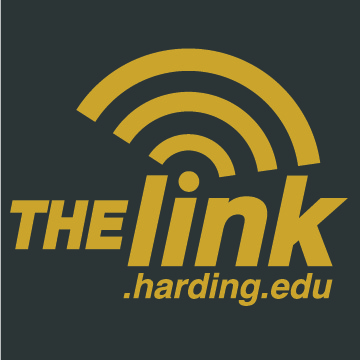I am a student. When I went home this summer, even with two years of undergraduate studies ahead of me, I made some money working an internship in an architectural office and doing some freelance work on my own for friends and family. I have a talent — or a service, to put it in economic terms — that has some value on the free market, not nearly as much value as an experienced professional, but at least minimum wage worthy. There is nothing and no one that says I cannot receive fair market value for my services, even as a student.
I am also an athlete (I play baseball here at Harding). I am not allowed to make money, even at fair market value — which would probably be low as a DII baseball player — because the NCAA says I can’t. If a sports memorabilia store owner here in Searcy came up to me and said, “Hey, we have several customers who are Bison baseball fans. Can I pay you $20 to come sign baseballs for an hour?” I would be slapped with a suspension.
How does that make sense? I can make money for one service, but not for another? It doesn’t make sense, but that’s the dilemma University of Georgia running back Todd Gurley II has found himself in. He reportedly received monetary compensation for signing his autograph for a sports memorabilia broker in Rome, Georgia and was suspended by UGA’s Athletic Department. Being a Georgia native, my entire twitter feed was full of #FreeGurley tweets when the news broke. He has currently missed two games — including a 45-32 win over Arkansas, #WPS — and could miss more while the school waits to hear from the NCAA after applying for his reinstatement. Meanwhile, Jameis Winston continues to play without suspension as an investigation is ongoing regarding an alleged sexual assault from late 2012.
Now look, Gurley did break an NCAA rule, and regardless of how asinine the rules are, you know that you have to follow them. But the NCAA is literally robbing student-athletes everywhere and running an extremely lucrative monopoly, all in the name of “amateurism.” For example, the University of Georgia’s total revenue in 2013 was $98,120,889, only good for 16 nationally; even my former school, the College of Charleston, South Carolina, ranked 132 in Division I, brings in $15,849,270. But student-athletes don’t see a dime of that money.
The NCAA is raking in billions on free labor; any corporation in any other industry would be terminated on human rights’ violations for that kind of economic disparity.
It is also important to understand that not all college athletes are on “free rides.” Only six sports are full-scholarship sports: football, men’s and women’s basketball, women’s gymnastics, volleyball and tennis. In every other sport, almost all of the athletes are on a partial scholarship, if any at all. Baseball at the DI level only gets 11.7 full scholarships even though most rosters have 35+ guys.
So let’s not pretend all student-athletes petitioning a rules change are just whining for some extra spending money. Sure, most of the athletes who would benefit from an NCAA rules change would be football players on full scholarships, but what happens if that sports dealer ever did walk up to me?
It’s time the NCAA changed the rules and quit utilizing free labor to bring in billions of dollars in revenue. It’s not just time to #FreeGurley; it’s time to #FreeStudentAthletes.
